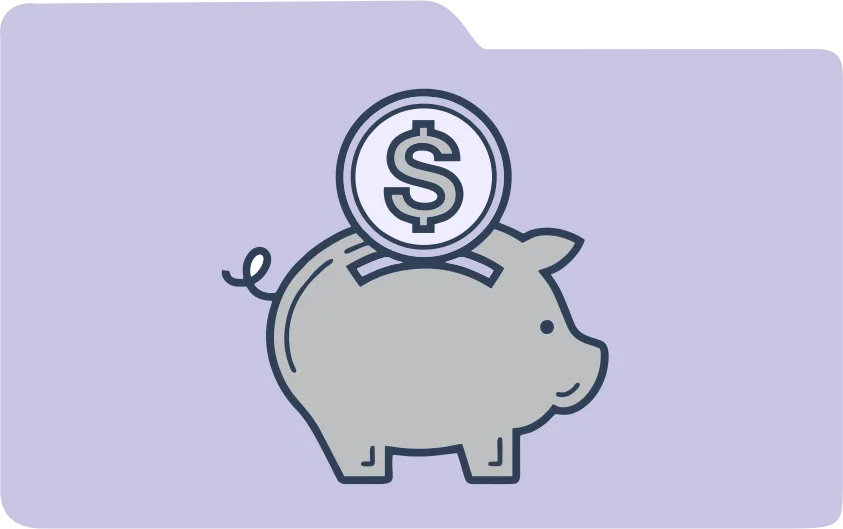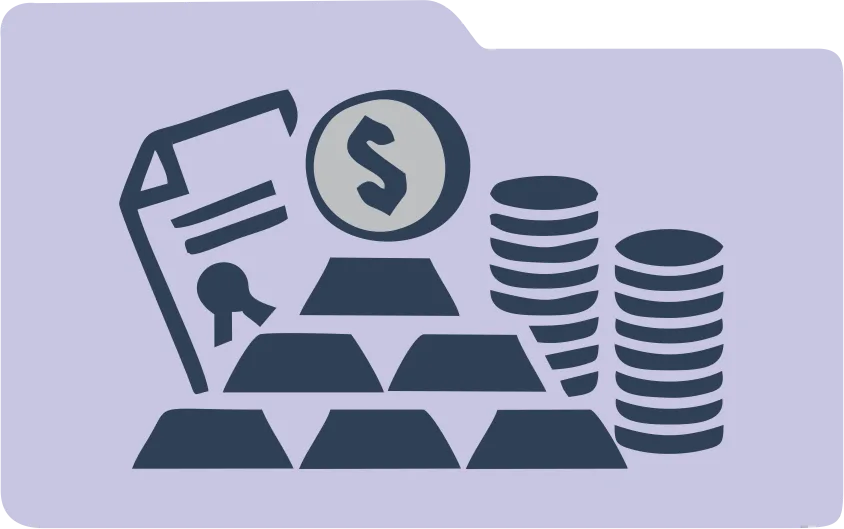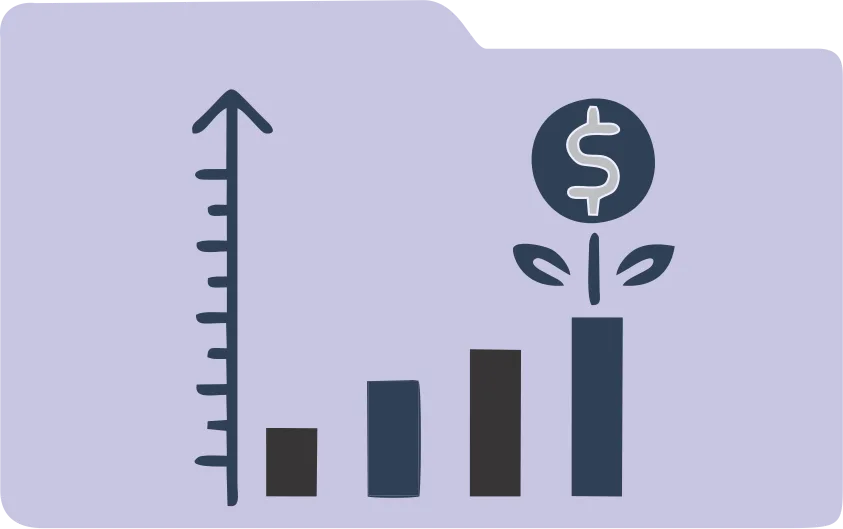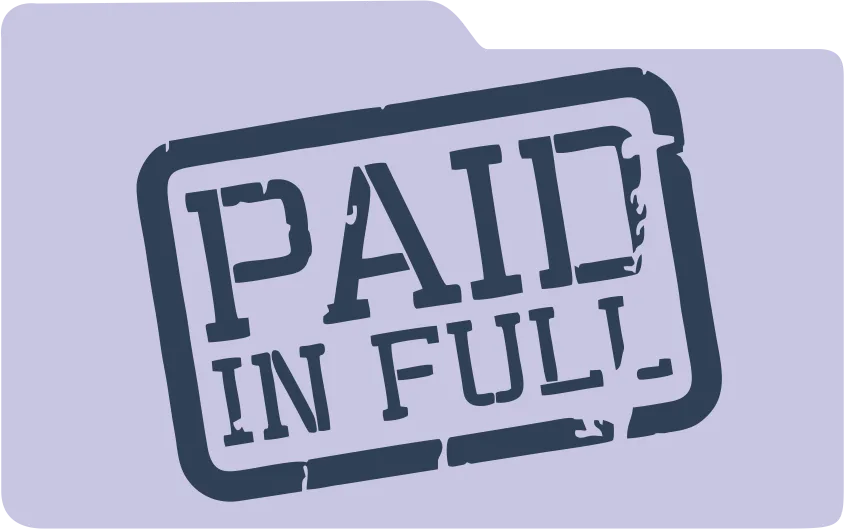When starting to think about which type of bank account is best for you, it’s a good idea to first understand the differences between the most common types of bank accounts in the United States.
With so many options to choose from, it is very important to know the definitions of each account and here we leave you the most important ones so that you know which one is the most appropriate for you when choosing where to place your money to get the most out of it.
Here are the 7 best bank accounts:
1. High-yield savings accounts
With interest rates rising, high-yield savings accounts are a great way to save and earn more money. A high-yield savings account is a type of savings account where you can deposit money and earn a high annual interest rate on your deposits, commonly seen as the APY rate, this interest rate is usually higher than you might get with a traditional savings account.
An APY rate means that it is a rate that takes compound interest into account. This means that the amount of money you earn in interest is added to your account balance. In other words, this account adds interest on interest and this allows your money to grow over time
It can be a good way to save in the short or medium term for a specific expense or event, and it is the best option to place your emergency fund. Look for banks that offer competitive interest rates and no monthly fees to place your money for short and medium term.
2. Checking accounts
Checking is one of the most popular accounts, and it is an account that allows you to move your money quickly, offers easy access to your money for your daily transaction needs and helps you protect your cash.
It is an account where its main characteristic is to allow you to make transactions with checks, which is nothing more than a payment order issued against a bank that allows the person who receives it to collect a certain amount of money that is stipulated in the document and that It must be available in the bank account of the issuer. This way you don’t have to carry a lot of cash with you.
Checking accounts are a great way to manage your everyday financial needs. Look for accounts with low or no fees, as well as those with features such as online banking and mobile check deposit.
3. Online accounts
Online banks have become very popular in recent years, making it very attractive to young people. Online accounts offer a variety of features and services that traditional banks do not.
Online accounts work very similar to savings or checking accounts, they are a financial product that allows you to save your money and have it in sight, it can be a savings or payroll account that you open and manage from your cell phone or from your computer , in a few minutes.
They tend to have lower fees and higher interest rates, plus you can access your accounts from anywhere in the world.
4. Money Market Accounts
Money market accounts are a type of savings account, but they generally require you to maintain a higher balance to avoid a monthly service fee. Both savings accounts and money market accounts have variable interest rates (APYs).
Money market accounts may have tiered interest rates, providing more favorable rates on higher balances. The additional interest can really add up over time.
5. Prepaid debit cards
A prepaid card is not linked to a bank or credit union account. Instead, you spend money that you previously loaded onto that prepaid card’s account.
Prepaid debit cards are a great way to make purchases without having to open a bank account. They are also convenient if you do not have a bank account. Just remember to keep track of your spending.
6. Investment accounts
Investment accounts are accounts that aim to invest your money through stock instruments. That is, unlike other types of accounts, the client deposits money in order to invest it. Unlike the bank account where the money is kept and a capital is guaranteed, in the investment accounts you have the possibility of increasing your capital more in exchange for a greater risk.
Investment accounts are a great way to grow your money over the long term. Look for accounts or brokers with low fees and a variety of investment options.
7. Retirement accounts
An individual retirement account or IRA is a type of investment account, which provides tax incentives for people to save through investments or investment funds, for retirement age, these accounts can provide financial security for their future retirement, for such reason they have several restrictions on withdrawing money before the legal retirement age.
Retirement accounts are accounts set up specifically to be used in retirement, so they’re a great way to save for the future. Look for accounts that offer tax advantages that fit your lifestyle, as well as those with low fees and a variety of investments.
Many people take the safety and convenience of banking for granted and don’t even consider the importance of having their money in the bank. But having access to a bank account or savings account can make a big difference in your everyday life; Having a bank account can help you save and manage your money.
Money in a bank or investment accounts earns interest, which means it will grow over time. This is especially important as it can help ensure that you have enough money for retirement. Additionally, having a bank account will also help you manage your spending and help you develop good financial habits, such as regularly setting money aside with each paycheck.















